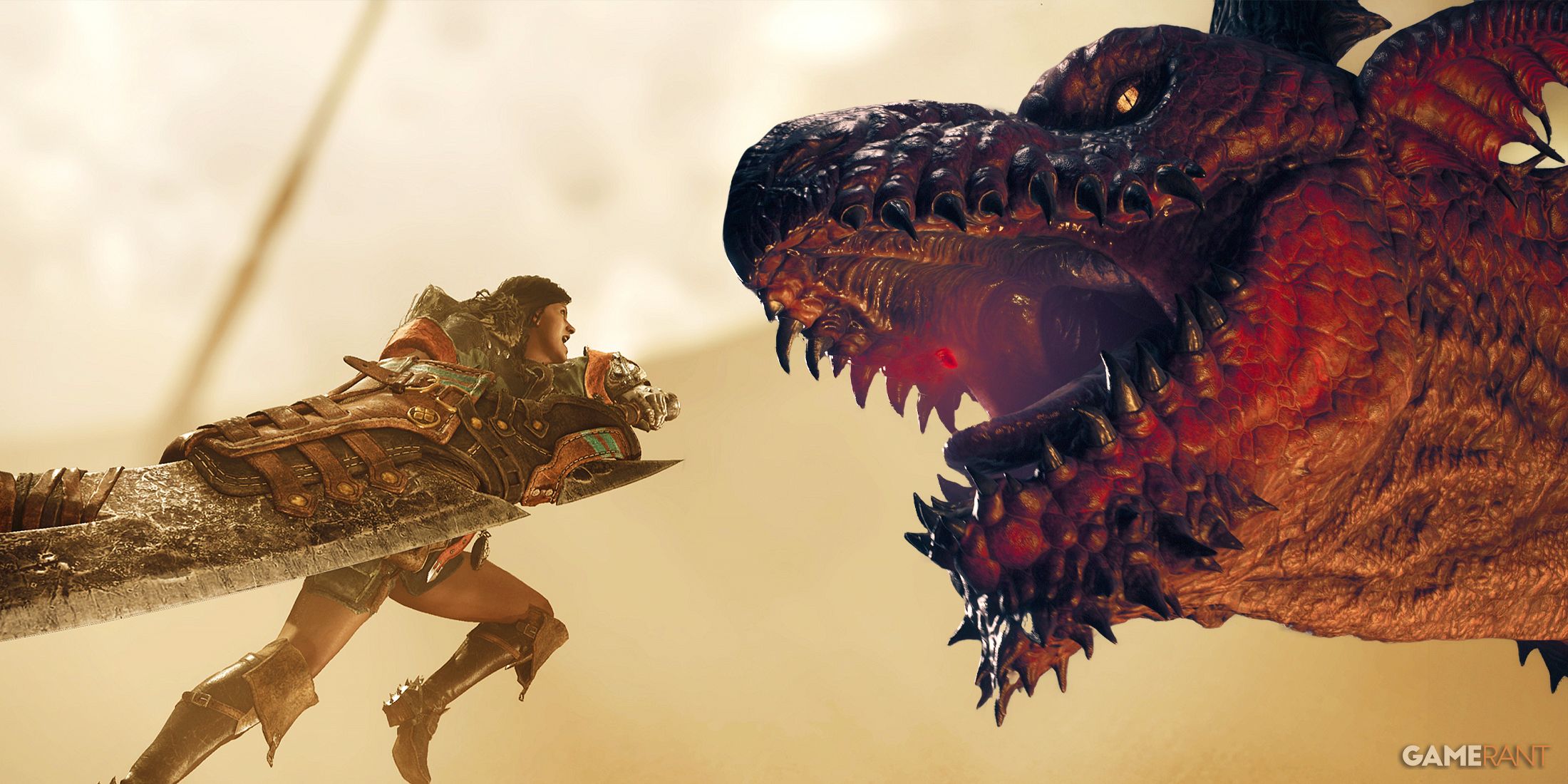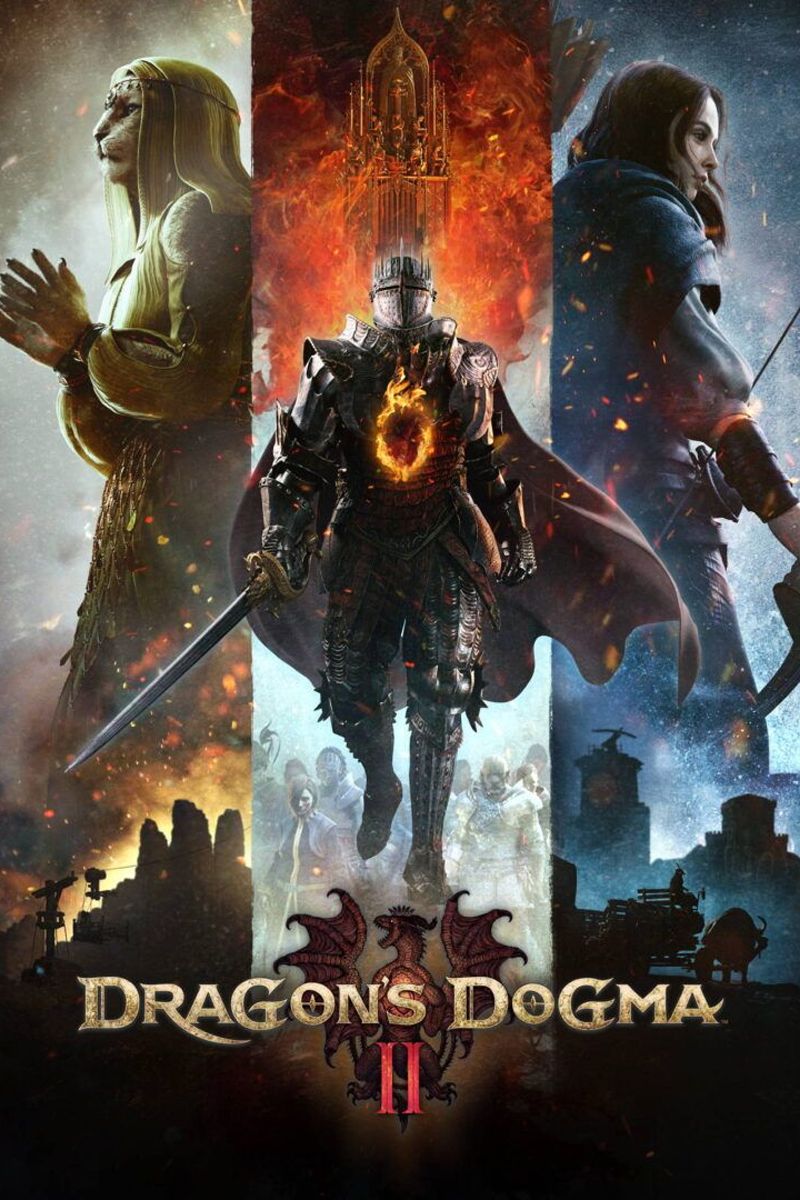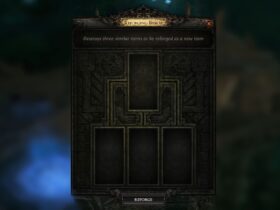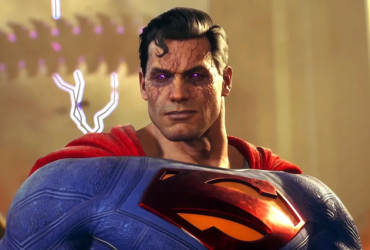Key Takeaways
- Dragon’s Dogma games feature major choices at the end, allowing players to potentially embrace playing as an evil character.
- Both games have evil endings where players can sacrifice loved ones for power, affecting each game’s outcome.
- The next Dragon’s Dogma game must maintain the series’ evil character element, and potentially add more story-driven choices for extra player involvement.
In the RPG space, Dragon’s Dogma is a bit of a different animal with its unconventional approach to gameplay and storytelling. This is largely why the first Dragon’s Dogma game never amounted to much more than a cult classic, although Dragon’s Dogma 2 managed to break down those barriers and appeal to a wider audience. Despite its uniqueness, Dragon’s Dogma is as role-playing as they come, even down to its playable character.
With Dragon’s Dogma‘s protagonist always being silent and only a limited number of choices offered for players to make throughout each game, this leaves the majority of the protagonist’s development in the player’s hands. However, despite not placing too much of an emphasis on player agency, Dragon’s Dogma has always presented players with a major choice to make at the end of each game’s narrative, and the next game in the series would be remiss not to continue the tradition.

Related
Monster Hunter Wilds’ Use of Dragon’s Dogma 2’s Pre-Release Tactic Should Set a Standard
Monster Hunter Wilds and Dragon’s Dogma 2 both employed a pre-release tactic that should arguably go beyond Capcom and become an industry standard.
The Next Dragon’s Dogma Needs to Maintain the Concept of Playing as an Evil Character
The Dragon’s Dogma Series Has Always Allowed Players to Play as an Evil Character
Unlike many modern RPGs, the Dragon’s Dogma series has never entertained the idea of a true morality or alignment system that allows players to choose between a “good” or “evil” character by making certain choices. In fact, while there is a certain amount of player agency involved in playstyle and exploration, there is very little agency in terms of role-playing a character. There are only a handful of story-driven choices throughout the series (including which character to romance), with the most defining decisions being presented to players near the end of each game’s narrative. Specifically, each Dragon’s Dogma game has multiple endings that can be achieved by making a major choice as their main stories come to a close, and this is where Dragon’s Dogma‘s concept of players role-playing an evil character ultimately comes into play.
At the end of both Dragon’s Dogma games, the main Dragon gives the player a choice of whether to sacrifice their “beloved” in exchange for more power. If the player chooses to sacrifice their beloved in the first Dragon’s Dogma, the Dragon, Grigori, kills their beloved, spares their life, and grants them the title of “Seneschal,” placing them in a god-like position to rule over the world. A similar choice is presented to the player in Dragon’s Dogma 2, which triggers the “bad ending” if the player chooses to let the Dragon kill their beloved instead of them. The player is then granted the title of “Sovran” and becomes the ruler of Vermund.
There is a visible difference in Dragon’s Dogma 2 ‘s bad ending from the first game’s, as the concluding scene shows the player’s character riddled with guilt and their people displeased.
The Next Dragon’s Dogma Needs to Continue This Cycle of Potentially Evil Arisen
While this choice to be an evil character really only affects the outcome of each game, it’s still a very important element that the next game shouldn’t walk back on due to the way the choice plays into the series’ lore. At the heart of Dragon’s Dogma‘s overarching narrative is an endless cycle involving the Dragon and the Arisen, who are both regularly awakened to oppose one another — the Dragon to destroy the world and the Arisen to defeat the Dragon. In other words, when the player sacrifices their beloved in exchange for power, it’s ultimately an acceptance of the cycle’s power dynamics. In this case, it is the Arisen rising to a position of power alongside the Dragon rather than defeating it, although that power ends up feeling hollow and unfulfilling due to the means used to obtain it.
With how important the choice to end a Dragon’s Dogma game as an evil character is to the overarching story of the series, the next game can’t afford to stop now. Instead, the next Dragon’s Dogma game could even improve its “morality” system by introducing more choices throughout its story than the previous two games had. This could result in even more potential endings, as well as those endings bearing more weight due to the player’s more concentrated involvement in them. At the very least, however, it’s important that the next Dragon’s Dogma game simply carries on this cycle of allowing players to become an “evil” Arisen if they choose to be.
Source link













Leave a Reply